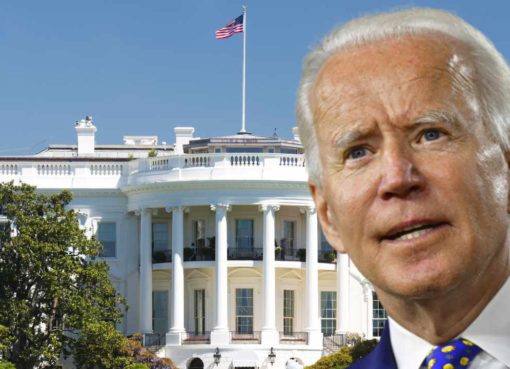Crypto lender Nexo Capital has agreed to pay $45 million in penalties to the United States Securities Exchange Commission (SEC) and The North American Securities Administrators Association (NASAA) for allegedly failing to register the offer and sale of its Earn Interest Product (EIP).
The news was announced by the SEC and NASAA in two separate statements on Jan. 19. According to a statement from the SEC, Nexo agreed to pay a $22.5 million penalty and cease its unregistered offer and sale of the EIP to U.S. investors.
The additional $22.5 million will be paid in fines to settle similar charges by state regulatory authorities, the report said.
NASAA in its Jan. 19 statement said that the settlement in principle comes after investigations into Nexo’s alleged offer and sale of securities after the past year of investigations.
“During the investigation, it was discovered that EIP investors could passively earn interest on digital assets by loaning those assets to Nexo.”
“Nexo maintained total discretion over the revenue-generating activities utilized to earn returns for investors. The company offered and promoted the EIP and other products to investors in the U.S. via its website and social media channels suggesting in some instances that investors could obtain returns as high as 36%,” it stated.
The SEC stated that in the settlement negotiations, the Commission took into consideration the level of cooperation and the remedial acts promptly undertaken by Nexo in addressing their shortfalls.
SEC Chairman Gary Gensler further explained the situation at hand:
“We charged Nexo with failing to register its retail crypto lending product before offering it to the public, bypassing essential disclosure requirements designed to protect investors.”
“Compliance with our time-tested public policies isn’t a choice. Where crypto companies do not comply, we will continue to follow the facts and the law to hold them accountable. In this case, among other actions, Nexo is ceasing its unregistered lending product as to all U.S. investors,” he added.
While the firm didn’t categorically admit or deny the findings from the SEC’s investigation, Nexo’s settlement came on the back of a cease-and-desist order agreement which prohibited the firm from violation any provisions set out in the Securities Act of 1933.




